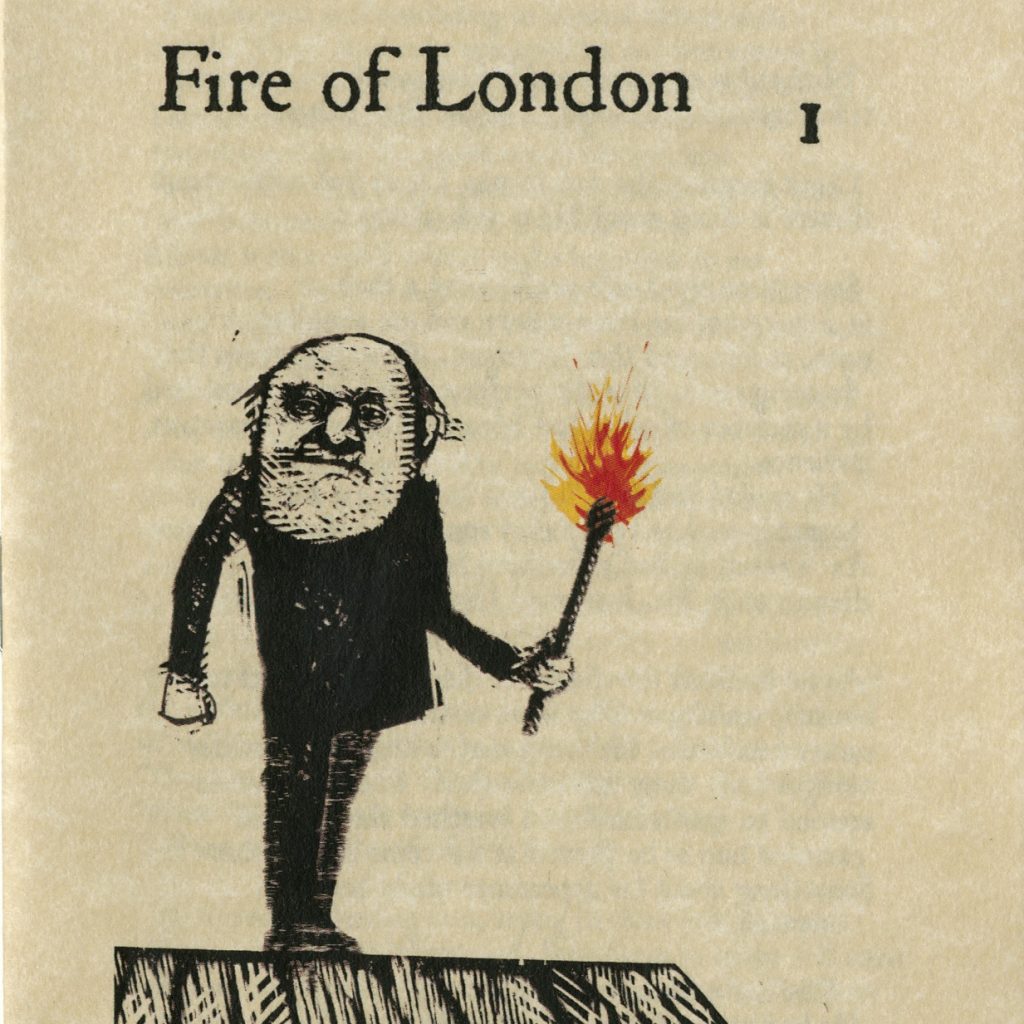Welcome to our first installment of “Do you even archive?” a regular column where we’ll talk to labels and artists about their archiving, cataloguing and preservation practices.
We’ve all been there. Hard drive crashes and you can’t get anything back and that external hard drive you kept meaning to transfer stuff to…well you never got around to it. CDs get scratched, tapes get lost, floppy disk drives get tossed away, hard drives need to be updated, power adapters or cables get misplaced, bad roommates, the list is endless. Our lives and work are a spilled cup of coffee away from being lost.
Thankfully, enough people learned their lesson or heard horror stories from others encouraging backing up files on external disks and now cloud storage for those wanting to pay for it (in trust, privacy and money) saves us from forgetfulness and the elements.
Best Practice is a word thrown around regularly in the archive world. What’s the best way to handle something? We felt it was time for artists to share their own best practices when it comes to archiving, cataloguing and preserving their work, samples, plug-ins etc.
For our first “Do you even archive?” We checked in with Berlin based artist, Born in Flamez. BIF is a post-gender, post-genre project so theirs no need to try and describe it with normal adjective. You can check out the Polymorphous EP released on Berlin label UnReal below and purchase here.
So Born in Flamez, do you even archive?
I do archive, yes but I am not very good at it, I’m afraid.
Every time I organize my sample banks I think of a new way to organize them, instead of sticking to one way. I guess I am a bit hyperactive in my creative processes. For example I organize all my DJ sets by the date of performance. The same with my live shows, but in the title I don’t label them “live” or “DJ” – so when I look for something I played later, it’s quite hard to find.
Now my samples, I organize them by sources like, RE:VIVE samples – and then I give them names, like “metallic noise”. But you can imagine how many different metallic noises I have on my whole hard drive… This way only works if I try to find some kind of sound later, not if I am looking for a specific one. The songs I write however are organized by numbers. Because I usually go through 10 – 30 different sketches until I finalize a song.
I wish I found a better way to do this, because so many sounds get lost in this manner. I lost a hard drive once with sketches on it from different songs. I found the sound files of the sketches later and was super impressed but when I meant to find the project files on my computer so I could continue working on them and make the final songs there was no chance. I could have released 2 albums with these songs already.
When I started making music as a kid I recorded myself on cassette tapes. I still have some of them. Not very helpful for extracting only a certain sound though. Later when I studied audio engineering I tried DAT tapes. But who still has a DAT player?
I recently visited a music museum/key instruments archive in Canada with Peaches. It was so impressive, they collected instruments starting in the 1600s, from like very old harpsichords and their predecessors, to silent movie organs to the first synthesizers, modern stuff etc. These instruments were sometimes so gigantic they wouldn’t fit in my whole house. Some of them were as tiny as a matchbox and modular and magnetic so you could stick them together and create your own sound devices. What a beautiful collection. It’s fantastic to see how the questions we ask as humans always remain the same core and basic ideas like instruments with keys. Only the technology changes. I think that might be the first lesson I learned from looking at archives.
Image via Battersea Arts Centre CC BY-NC-SA
